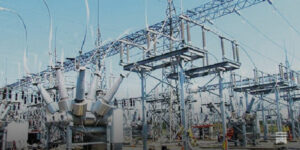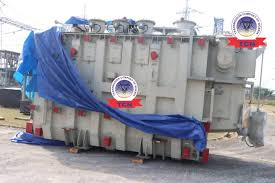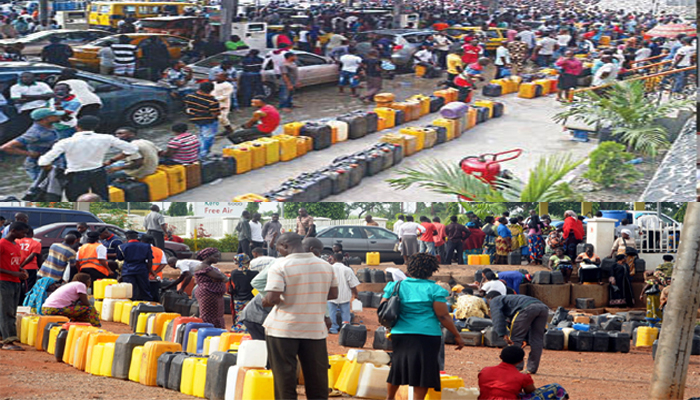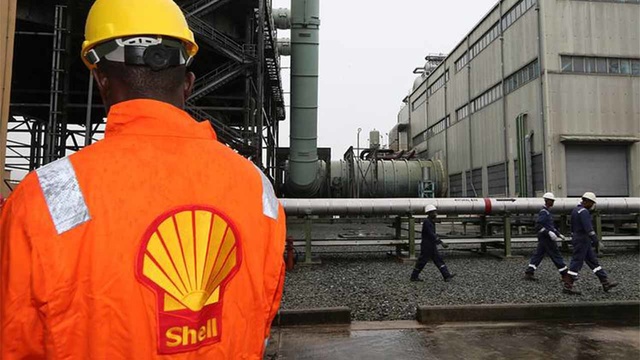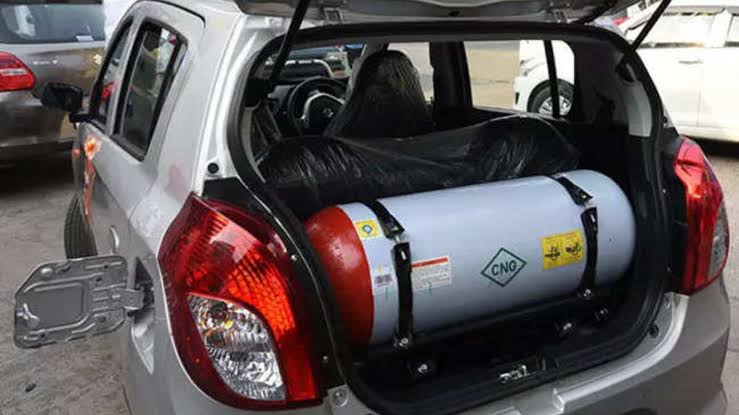Experts suggest sovereign green funds for mini-grid, large scale energy developers

Solomon Ezeme
Solar developers and other renewable energy players have been encouraged to take advantage of sovereign green funds to finance mini-grid and large scale projects needed to reduce the country’s energy access gap.
Stakeholders in a chat with EnergyDay disclosed that access to financing has been a major factor stalling growth of the renewable energy space. This according to them was due to the capital intensive nature of the mini-grid and large scale projects.
They noted that for Nigeria to attain its Renewable Energy Master Plan (REMP) which seeks to increase the supply of renewable electricity from 13% of total electricity generation in 2015 to 23% in 2025 and 36% by 2030, government and private sector players must be able to access all the sovereign green funds across the world.
EnergyDay gathered that the green funds are some of the steps being advanced by the international development financial institutions and government to improve financing opportunities for those interested in building a sustainable green economy.
The green bonds become one of the financing options available to the government, private, and other public entities to address climate change in Nigeria and in Africa as a continent.
The Nigerian Government through the Nigerian Stock Exchange (NSE) in 2017 and 2019 issued two Sovereign Green Bonds worth N10.69b and N15b respectively, becoming the 1st African country and the 4th in the world that has restructured its financing environment for RE.
One of such was the InfraCredit green bond obtained for the 600MW Shiroro hydroelectric Plant in Niger State, through the NSE in 2019.
The GreenBond has also been deployed to deliver on the objectives of Phase 1 of the Energizing Education Programme (EEP), already being enjoyed by thousands of students and staff members across Nigerian academic institutions.
Another sovereign green fund was released by the Green Climate Fund (GCF) in 2021. About $170.9 million (N70.69 billion) was approved in co-financing for the African Development Bank’s Leveraging Energy Access Finance Framework (LEAF) programme in Africa.
It was gathered that the Green Climate Fund’s financing was part of an overall $900 million budget whose objective is to scale up the roll-out of mini-grids, solar home systems, and commercial and industrial solar solutions in the programme countries.
Olufemi Terry of the AfDB’s Communication and External Relations Department, in a statement said LEAF aims to unlock commercial and local-currency financing for decentralised renewable energy projects in six programme countries. This includes Nigeria, Ghana, Guinea, Ethiopia, Kenya, and Tunisia.
Despite the availability of some of these funds, renewable industry experts noted that Nigeria’s exposure or access to green funds for renewable projects is still very low.
The RE experts said that the sovereign sustainable bond issuance is still quite limited as it represents only about 11 percent of the total in 2021. They urged players not to limit themselves to in-country green bonds but position themselves to access other global sovereign green bonds.
According to them, global sustainable bond issuance reached more than $1.1trn in 2021, and is expected to surpass $1.5trn in 2022.
During a virtual workshop co-organized by the Economic Commission for Africa (ECA), the World Bank and the United Nations in May 2022, some experts urged the region to take advantage of Green, Social, and Sustainable (GSS) bonds available with various Sovereign government issuers or subnational entities.
They maintained that more awareness about green bond issuances is needed in Africa, especially in West Africa, to help it explore its abundant renewable resources and provide enough power for the development of its economy.
Jean-Paul Adam Director, Technology, Climate Change and Natural Resources Management Division at ECA said Africa has low private sector investment and high costs of capital to invest in green, sustainable, or social sectors.
He said that the region has only been able to access 1% of global green bond issuances when there is still a larger share of them waiting for renewable investors, especially in the international bonds market.
“While Africa has 23% of official climate finance, it has less than 1% of global green bond issuances and is paying more than twice more than similarly rated peers to access markets,” he stated.
In a chat with EnergyDay, Olawunmi Olatunji, an energy investment expert and CEO of Brockville Investments, noted that consistent funds to execute green projects are needed in Africa “to achieve a sustainable future.”
She advised the Federal Government to maintain its focus on gas while stating that it also needs to direct more investments to renewable energy if Nigeria wants to overcome current energy poverty.
She added that Africa must intensify its advocacy for more inflow of funds and investments into the region.
“Africa needs a steady flow of funds to achieve a sustainable future.
“The investments directed to Africa right now is currently low, and for the region to achieve energy security and push many out of poverty, energy sources such as renewables and gas are the way to go.
“All stakeholders, including government, regional financing bodies and others, should continue to promote Africa as a sustainable destination for financing and investment vehicles such as the Green Bonds,” she said.
Jorge Familiar, World Bank Vice President and Treasurer, who assured Africa of the Bank’s readiness to support the region, especially the West African subregion, said that Africa needs to be well informed about the availability of GSS bonds for it, in the international market.
“Financing the critical needs of green growth and adaptation in Africa is a core mandate of the World Bank.
“Green and sustainable bonds, together with the increased level of transparency that they bring with them, can help many countries in the region in their journey towards securing market financing for future investments.
“The World Bank stands ready to partner with stakeholders across West Africa on this journey,” he said.

